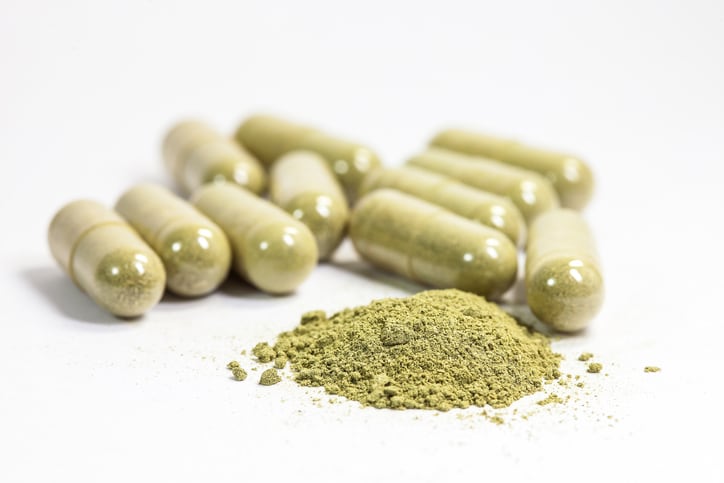The BBC reported yesterday (October 25th) that Jim McCants took green tea capsules for just a few months before suffering severe liver damage that required an urgent transplant at the age of just 50. Now, four years on, he still suffers chronic abdominal pain.
In response to the report, nutritionist Dr Laura Wyness told NutraIngredients that green tea supplements can contain high levels of antioxidants that are detrimental to our health.
“Green tea is less processed than black tea and therefore contains more flavonoids such as catechins and epigallocatechin gallate (EGCG) which are strong antioxidants.”
Wyness points out that Epigallocatechin gallate (EGCG) is the main catechin in green tea and EGCG has been linked to a variety of health benefits at lower levels, but a risk of liver damage at higher doses.
“Too much of a good thing, even antioxidants, may actually be detrimental to our health. Taking a green tea supplement means that you are likely getting a far higher dose of specific antioxidants than you would get if drinking the tea. EGCG has been linked to liver damage at high doses.
“Such supplements may not be suitable for some people so it is important to speak to your GP or pharmacist before trying them.”
The BBC reported that Jim, from Texas, first noticed his skin and eyes turn very yellow before falling ill. Once the doctors discovered the damage they said he needed a transplant within days.
He had previously been very healthy and active, drinking next to no alcohol and had been taking the over-the-counter supplements because he heard they had cardiac benefits.
Wyness adds that evidence has shown a range of health benefits of drinking low doses of green tea ranging from reducing the risk of heart disease, diabetes and cancer.
She says anyone concerned about their antioxidant levels can take comfort in the fact they should get almost all of the nutrients and antioxidants they need from a healthy, varied diet.
“A Registered Nutritionist or Dietitian will be able to advise if you require any supplements.”
Catechin content of green tea supplements has been the subject of scepticism for several years now.
Dosage safety
In 2016, the Norwegian food safety authority Mattilsynet warned against green tea extract supplements following reports of liver damage. The authority pointed to high levels of the active substance EGCG (epigallocatechin-3-gallate) in the products, which were far above that obtained from just drinking green tea.
Earlier this year, a safety assessment report from the European Food Safety Authority (EFSA) concluded that while intake of green tea catechins from green tea infusions are generally safe, there is potential for liver damage from supplementation with doses of EGCG above at 800 mg per day.
EFSA said it was unable to determine a ‘safe level’ for catechins in supplements, but noted that green tea products – and in particular supplements – should include the content of catechins and the proportion of EGCG on labels.
“While there was no indication of liver injury for doses below 800 mg/day from green tea supplements, experts were unable to identify a safe dose based on available data,” the EFSA panel said.
According to the opinion, the average daily intake of EGCG resulting from the consumption of green tea infusions ranges from 90 to 300 mg/day – with ‘high-level consumers’ likely to have an intake of up to 866 mg/day.
Meanwhile, food supplements containing green tea catechins were found to provide a daily dose of EGCG in the range of 5–1,000 mg/day, for adult populations, it said.
History of concern
In addition to previous warnings on safety from Norwegian authorities, there have been several reports of countries issuing warnings or investigating the safety of green tea supplements after links to safety issues.
Papers published in the Annals of Internal Medicine and the European Journal of Clinical Pharmacology linked dozens of cases of liver damage to green tea EGCG.
Health Canada warned against green tea pills following a federal safety review – prompted after a teenager took the pills and needed dialysis for her liver. Meanwhile, other reports have indicated cases involving a man in Australia who required a liver transplant and a 16-year-old girl in England who was rushed to hospital with a form of hepatitis after taking green tea slimming pills.

